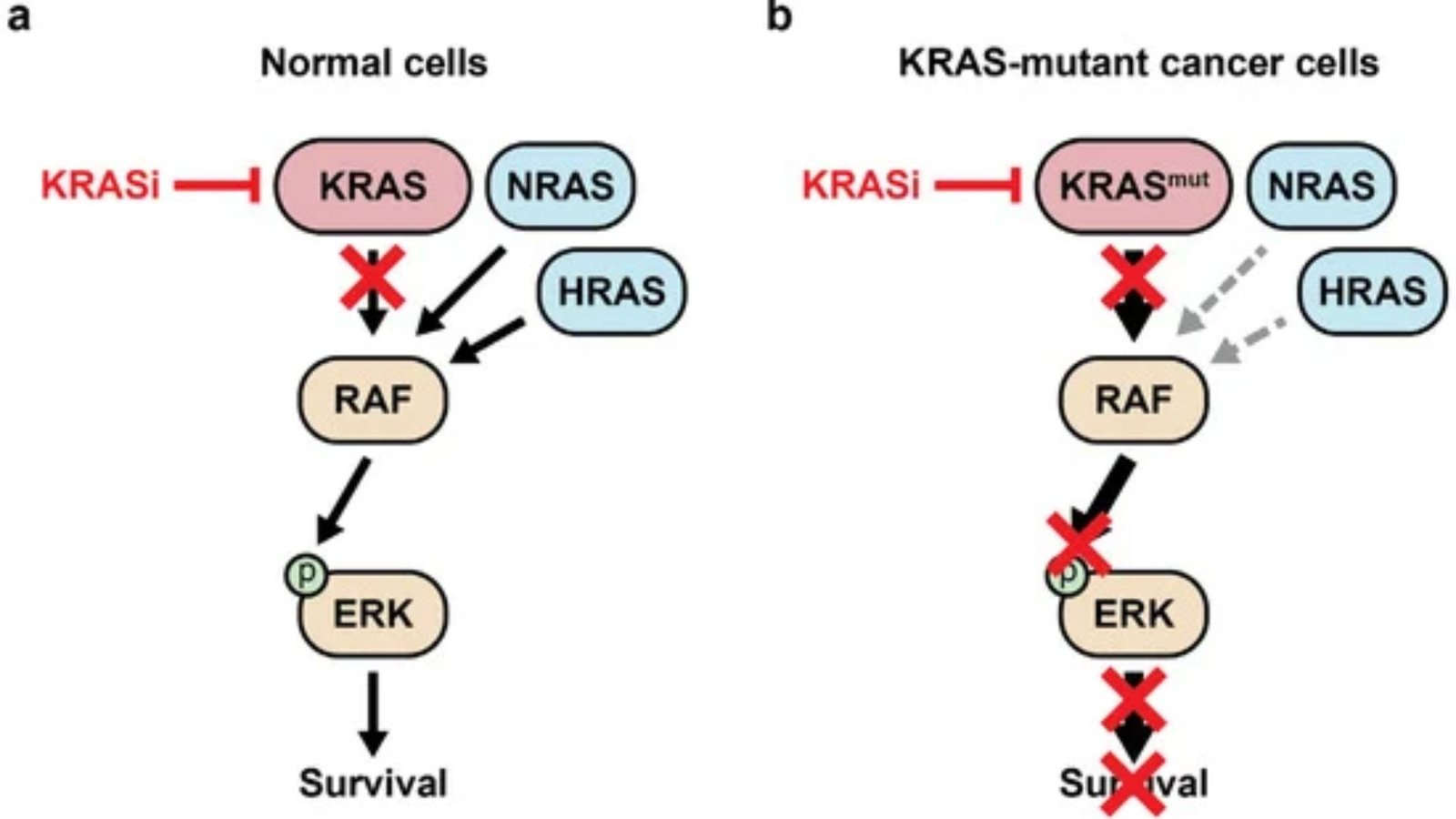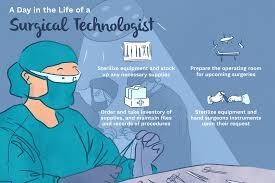
Introduction to Cell Signaling and KRAS
Cell signaling is a fundamental process that allows cells to communicate with each other and react to their environment. These signals control essential cellular functions like growth, division, and survival. One key player in cell signaling is the KRAS gene, which encodes a protein involved in the regulation of cell division. Mutations in this gene can lead to uncontrolled cell growth, contributing to cancer development.
KRAS mutations are particularly notorious in cancers such as lung, colorectal, and pancreatic cancers. Understanding the mechanisms of these mutations and their role in cancer progression is crucial to developing effective treatments.
The Science Behind KRAS Mutations
KRAS mutations occur when there’s a change in the KRAS gene’s DNA sequence, leading to the production of an abnormal KRAS protein. These mutations disrupt normal cell signaling, causing the uncontrolled proliferation of cells—an early step in the development of cancer. Various types of KRAS mutations exist, but the most commonly studied are those linked to cancer, including mutations like G12C, G12D, and G12V, which are often associated with different cancer types.
Role of KRAS in Cancer Progression
KRAS mutations can drive the progression of cancer by allowing cancerous cells to evade apoptosis (programmed cell death) and promote their survival. By continuously activating certain signaling pathways, these mutations make cancer cells more resilient and aggressive. This makes KRAS a critical target for cancer therapy, as halting its activity could stop or slow down tumor growth.
Targeting KRAS in Cancer Therapy
For decades, KRAS was considered “undruggable” due to its molecular structure and the difficulty in targeting its active sites. However, recent breakthroughs in KRAS inhibitors, such as sotorasib, have shown promise. These inhibitors specifically target the KRAS G12C mutation, which is prevalent in some lung and colorectal cancers.
Cell Signaling Pathways Involving KRAS
The RAS-RAF-MEK-ERK pathway is a well-known signaling cascade that involves KRAS. This pathway regulates cell division, and when KRAS is mutated, it sends continuous signals for the cell to grow uncontrollably. In addition to the RAS-RAF-MEK-ERK pathway, KRAS mutations also affect other pathways, such as the PI3K-AKT and JAK-STAT pathways, which are important in cancer progression.
Clinical Relevance of KRAS in Different Cancers
KRAS mutations are found in approximately 25% of all cancers, with high prevalence in certain types:
- Lung Cancer: KRAS mutations are found in 20-30% of non-small cell lung cancers.
- Colorectal Cancer: About 40% of colorectal cancers harbor KRAS mutations, making it a key target for treatment.
- Pancreatic Cancer: Over 90% of pancreatic ductal adenocarcinomas (PDAC) have KRAS mutations, highlighting its central role in this deadly cancer.
Importance of Cell Signaling Technology in KRAS Research
Cell signaling technology enables scientists to study KRAS mutations in great detail. Techniques like mass spectrometry, fluorescence imaging, and advanced bioinformatics tools help researchers understand how KRAS mutations alter cellular behavior and how to effectively target these changes in cancer therapy.
Challenges and Limitations of Current KRAS Research
Despite the progress made in understanding KRAS, there are still significant challenges. Many KRAS-targeting drugs are not effective across all mutation types, and cancer cells often develop resistance to these therapies. Additionally, developing drugs that can target KRAS without harming normal cells remains a significant hurdle.
Emerging Technologies in KRAS Research
Recent advancements such as CRISPR gene-editing technology offer new ways to study and potentially fix KRAS mutations. Artificial intelligence (AI) is also playing an increasing role in drug discovery, helping researchers find new KRAS inhibitors more efficiently.
The Future of KRAS-Targeted Therapies
The future of KRAS-targeted therapy looks promising with the development of combination therapies. By pairing KRAS inhibitors with drugs that target other pathways or immune cells, researchers hope to increase the effectiveness of treatments and reduce resistance.
Patient Outcomes with KRAS-Targeted Treatments
Initial clinical trials of KRAS inhibitors like sotorasib have shown encouraging results, especially in lung cancer patients with the G12C mutation. While the overall survival rate improvement is modest, these treatments represent a significant step forward for patients who previously had few options.
Ethical Considerations in KRAS Research
As KRAS-targeted therapies advance, there are ethical concerns regarding access to these treatments. Many of these drugs are expensive, and ensuring equitable access to breakthrough therapies will be a challenge.
Frequently Asked Questions
1. What Is the Role of KRAS in Cell Signaling?
KRAS is part of a key signaling pathway that regulates cell growth and division. Mutations in KRAS can cause uncontrolled cell growth, leading to cancer.
2. Can KRAS Mutations Be Reversed?
Currently, there are no treatments that reverse KRAS mutations, but researchers are developing drugs that specifically target mutant KRAS proteins.
3. How Do KRAS Inhibitors Work?
KRAS inhibitors block the abnormal signaling caused by KRAS mutations, slowing or stopping the growth of cancer cells.
4. What Cancers Are Most Affected by KRAS Mutations?
KRAS mutations are most commonly found in lung, colorectal, and pancreatic cancers.
5. What Are the Challenges in Targeting KRAS?
KRAS was historically considered “undruggable” due to its molecular structure, and many current therapies face challenges with drug resistance.
6. How Can Cell Signaling Technology Help in KRAS Research?
Cell signaling technology helps researchers understand how KRAS mutations alter cellular communication, leading to more effective treatments.
Read More: Click Here





1 thought on “Why Is Cell Signaling Technology Kras Important?”